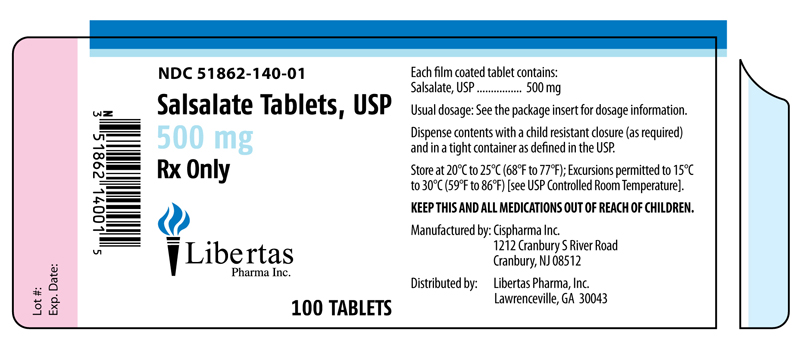回家路的博客
这一生,我们都在走在回家的路上!Add-On NSAID Boosts Glycemic Control

An aspirin-like anti-inflammatory drug may help patients with type 2 diabetes obtain better glycemic control when added to their regular drug regimens, researchers found.
In the TINSAL-T2D study (Targeting Inflammation Using Salsalate in Type 2 Diabetes), mean glycated hemoglobin (HbA1c) was 0.37% lower among patients who had salsalate added to their oral anti-diabetic therapy compared with those who had add-on placebo over 1 year, Steven Shoelson, MD, PhD, of the Joslin Diabetes Center at Harvard Medical School in Boston, and colleagues reported online in the Annals of Internal Medicine.
The result is slightly higher than the 0.24% difference reported at last year's American Diabetes Association meeting.
"The magnitude of HbA1c lowering as finally calculated is greater than reported at ADA," Shoelson told MedPage Today in an email. "The efficacy of salsalate equals, or may be better than other new drugs being marketed -- such as DPP-4 inhibitors or sulfonylureas -- when tested in similar patients under similar conditions."
Salsalate falls in the drug class of salicylates, one of the oldest compounds in clinical practice. It's been extracted from plants and used for treating pain and inflammation for the last 3,500 years. It is a nonsteroidal anti-inflammatory drug similar to aspirin.
To assess whether its anti-inflammatory properties could have beneficial effects on type 2 diabetes, Shoelson and colleagues conducted the randomized, controlled TINSAL-T2D trial at three private practices and 18 academic centers in the U.S.
They enrolled 286 patients, ages 18 to 75, who had uncontrolled type 2 diabetes, defined as an HbA1c range between 7% and 9.5%. Fasting glucose levels were 12.5 mmol/L or less.
Patients were randomized to 48 weeks of either 3.5 grams per day of salsalate or to placebo in addition to their current therapies (88% used metformin, 40.9% took a single diabetes drug, 49% used double therapy, and 5.6% were on triple therapy).
Overall they found that the mean HbA1c was 0.37% lower in salsalate group than in placebo group at 1 year (P<0.001), they reported, adding that HbA1c was lower in the salsalate group at all time points.
At the end of the study, the mean HbA1c level in salsalate was 0.33% lower than at baseline (P<0.001) and was essentially unchanged in the placebo group, with a slight gain of 0.04%.
Shoelson and colleagues reported that among patients with add-on salsalate, those who had higher baseline HbA1c levels had greater declines in glycated hemoglobin. For every 1% increase in baseline HbA1c, the mean drop in levels over 1 year was 0.43% greater (P<0.001).
And a 1 year, more patients on the drug had at least a 0.5% reduction in HbA1c versus placebo (41% versus 23%, P=0.005).
The mean change in fasting glucose over 48 weeks was also better with salsalate (mean difference -14.95 mg/dL, P<0.001).
However, mild hypoglycemic events occurred more often with those on salsalate (41 patients versus 23 patients, P=0.036), and there was a six-fold increased relative risk of mild hypoglycemia when salsalate was added to sulfonylurea (P<0.001).
Patients on salsalate also had greater gains in weight and greater increases in low density lipoprotein cholesterol levels, without concurrent changes in high density lipoprotein levels (P<0.001 for both).
Finally, urinary albumin levels rose significantly, although they reverted to baseline after stopping the drug.
But Shoelson and colleagues noted that the drug did indeed reduce inflammation, as evidenced by reductions in circulating leukocyte, neutrophil, and lymphocyte counts, and there were increases in adiponectin and hematocrit along with reductions in uric acid and triglycerides.
Still, they said further evaluation is needed given the "mixed cardiorenal signals" before the findings can be put into practice. But Shoelson said the drug may ultimately prove "better than other new drugs being marketed when tested in similar patients under similar conditions."
From: http://www.medpagetoday.com/MeetingCoverage/ADA/33202




